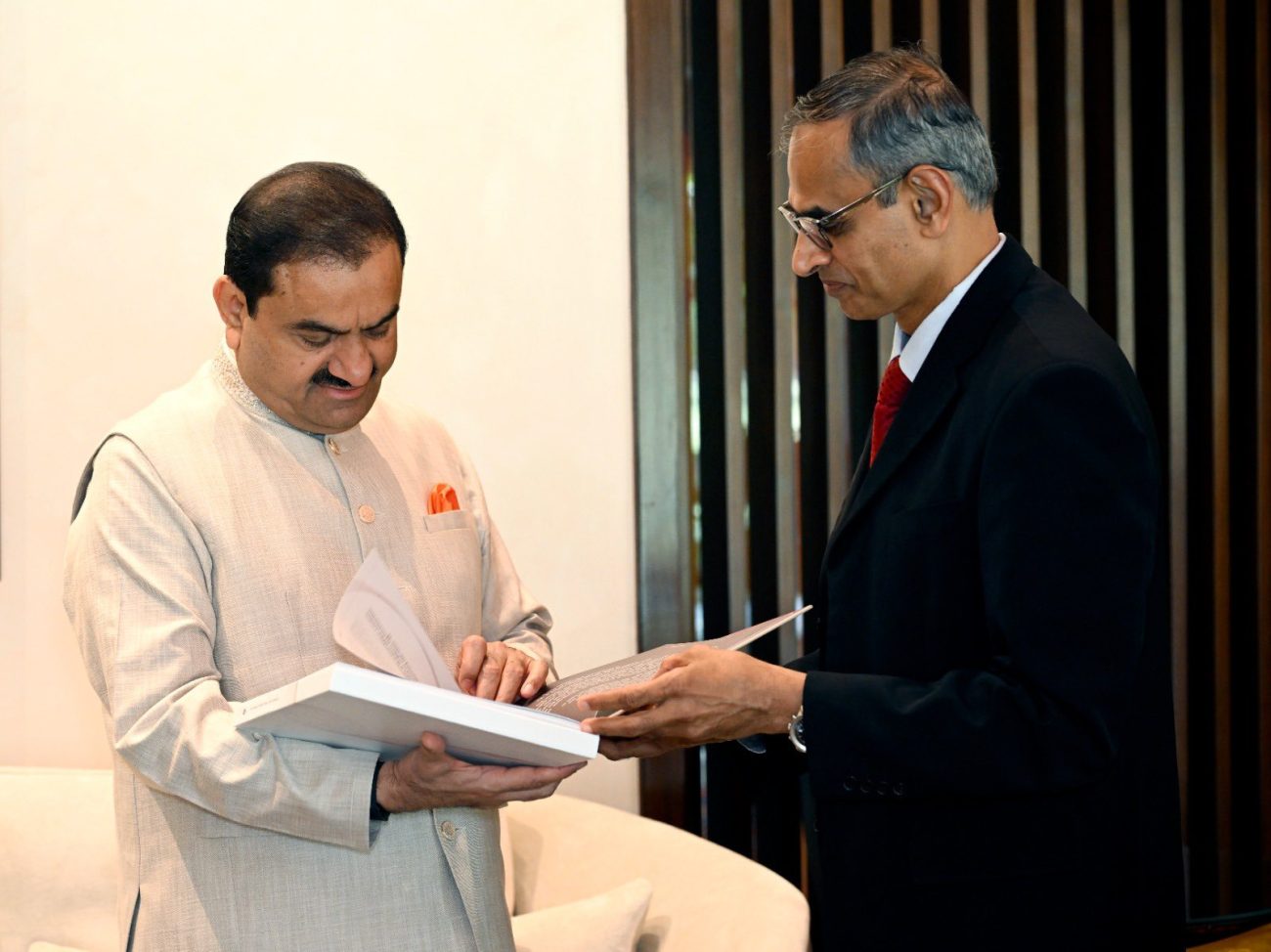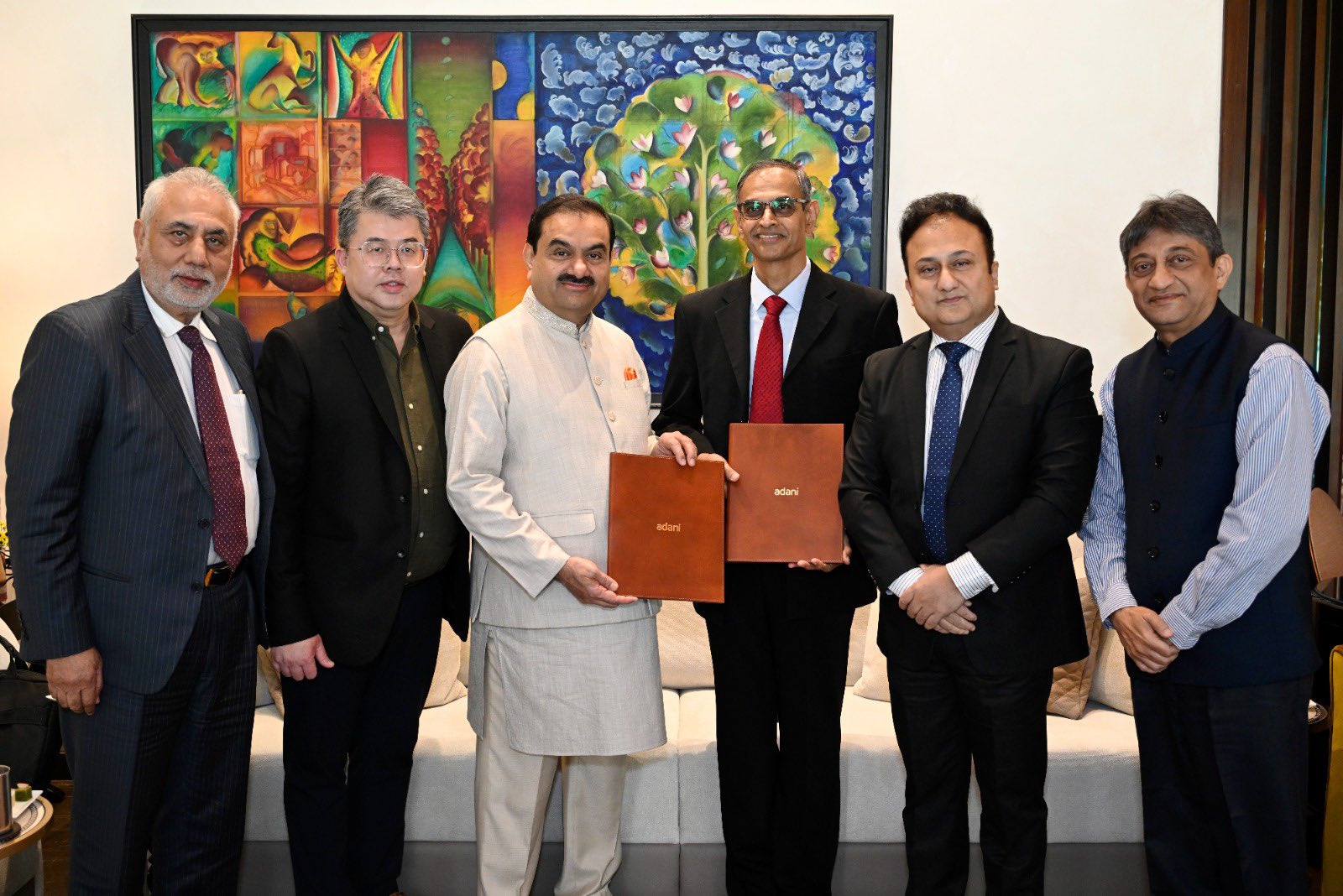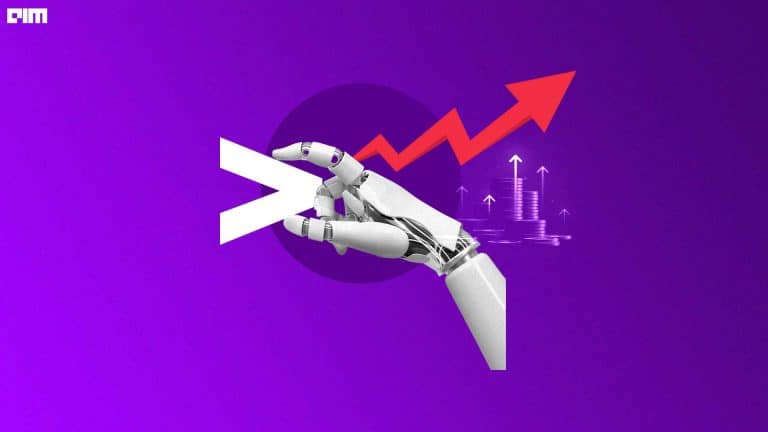The Adani Group has partnered with Singapore’s ITE Education Services (ITEES) to launch the world’s largest finishing school in Mundra (Gujarat), as announced by Gautam Adani, chairman of Adani Group, on X.
The initiative aims to train over 25,000 learners annually, supporting India’s skill development and employment efforts.
The facility will also incorporate AI-driven immersive learning and advanced innovation centres to enhance technical training. The programme is aligned with the Make in India movement, aiming to strengthen the country’s workforce by equipping learners with industry-relevant skills.

Gautam Adani (left) with Suresh Natarajan (right), CEO at ITE Education Services
ITEES, known globally for technical education, will bring expertise in curriculum development and training methodologies. The partnership marks a significant step in advancing India’s vocational education and workforce readiness.
The finishing school is part of Adani Group’s broader efforts to bridge the skill gap in India. The training programme is expected to contribute to economic growth by preparing professionals for various industries.
Last year, Adani Group acquired 25 acres of land parcel in the Pimpri industrial zone of Pune’s Haveli locality from Finolex Industries for around Rs 471 crore. The company plans to develop a large data centre on this land.
The Adani Group’s data centre business is led by AdaniConneX, a 50:50 joint venture between Adani Enterprises and US-based global hyperscale data centre provider EdgeConneX. The plan was to develop 1 GW of data centre capacity over the next decade.
With this move, it aimed to become one of the top three data centre operators by 2030, capitalising on India’s increasing digitisation.
At the beginning of 2025, Mukesh Ambani’s Reliance Industries Limited (RIL) also announced plans to construct what could become the world’s largest data centre by capacity in Jamnagar, India.
This development comes in the backdrop of a global surge in investments in AI infrastructure.
Reliance executives have not yet commented on the project, which is estimated to cost between $20 billion and $30 billion. Currently, the conglomerate has approximately $26 billion on its balance sheet, which could be used to finance the venture.





























